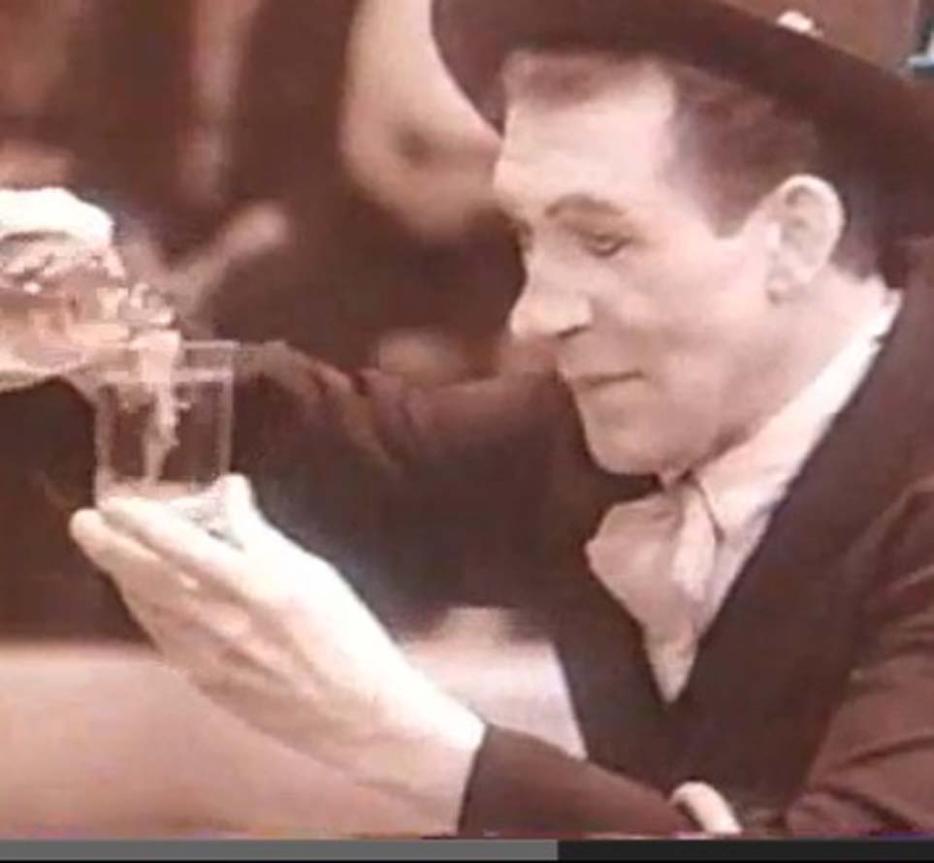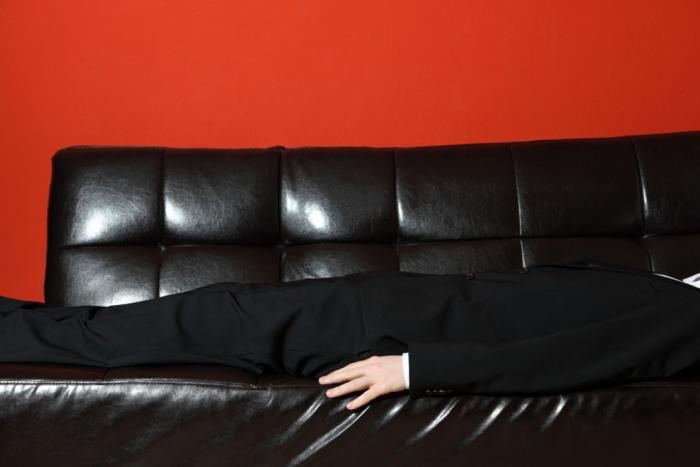On Tuesday morning I spoke with Christine Pountney on the telephone. She was remarkably composed and congenial, despite the fact that her novel, Sweet Jesus, was launching later that day. The novel traces the paths of three siblings, Connie, Hannah, and their adopted brother Zeus, each hungry for connection, for something meaningful. Reading the book, I was particularly drawn to Zeus, who begins the novel working with his boyfriend as a therapeutic clown in the palliative care wing of a children's hospital. It's his job to spread impossible smiles. Sometimes he indulges the kids in their own darkness, and other times he delights them by making his belly button disappear, or turning hospital gloves into birds that he can send out the window, to a better world. I wanted to know more about this narrow border between levity and despair.
EMK: First of all, who are your favourite clowns?
CP: Who are my favourite clowns?! Y'know, I'm not an expert on clowns, but there were two clowns that inspired me when I was writing the book, and really were kind of inspiration for Fenton and Zeus. Number one was Yuri Nikulin, who is a Russian clown—
EMK: He makes an appearance in the book!
CP: He makes an appearance, Fenton sees a clip. There's a clip that I saw on YouTube, which I found so inspiring for the kind of clowning that I wanted Fenton and Zeus to be doing. I wanted to avoid as much as possible the children's birthday party kind of clowning, that I think a lot of people are kind of slightly horrified by. Because the art of clowning, well, first of all it's really old. It comes from ancient times, this tradition of kind of being a sacred critic, y'know? So the role is somebody who has a kind of perceptiveness who can then teach people to take themselves less seriously. I wanted it to have the atmosphere of Eastern European style clowns, or Russian style clowns. Where there's a real social critique. I mean, the court jester was the only one who could mock the king, y'know? I think Yuri Nikulin was working in an oppressive communist society, and was able to be a critic of political authority. I was trying to go for that kind of clowning. Not the, y'know, Barnum and Bailey style.
EMK: But there are still some really great sight gags that you describe, in the book.
CP: I really tapped into my own inner clown for the character of Zeus. There's one reference to a house. A little country house on wheels that he pulls through the hospital and it blows bubbles? That was an image I remembered from a very early Cirque du Soleil performance that I saw years ago in Montreal. There were some great clowns. And they were always sad clowns—I have a real affection for sad clowns, rather than the goofy clowns. But there was a little house and it blew smoke out of the chimney. I can't remember the rest of the skit. So that was a sight gag that I put in the book. The other clown is Slava Polunin. He's in the acknowledgments because the final skit that is performed is based on a skit that he does, in Slava's Snowshow. He has a coat hung up on an old-fashioned coat stand and there's a hat. He puts one arm in and there's this...the coat becomes somebody, becomes alive. And he has this incredible back and forth with this coat, and it's just one arm, animating the coat. And it's own arm. But he hugs himself and it looks like the coat is hugging him. It's just amazing. It's so subtle, how he needs to be so precise with his movements but he manages to make that coat come completely to life. So those were the two clowns that I had in mind while writing the book.
EMK: It's interesting that you describe clowns as sacred, fulfilling a sacred role, or as sacred critics, when so much of the book is about that sort of drive toward sublimity.
CP: It's Zeus, I mean he's Jesús. He's Jesus. I wanted Jesus somehow to be in the book. And I thought, y'know the original Jesus, let's not dismiss religion, but the original character of Jesus in the Bible, he was a complete social critic. He was there to revolutionize and revitalize things. He was a social, sacred critic too. It's a stretch, but you could say he was a bit of a clown himself, y'know? I thought, if Jesus was alive today, where would he be, what would he be doing? I thought, well, he'd be suffering somewhat for who he was. Because I think that the original Jesus also suffered for who he was. So he would be an outsider or different. And he would be compassionate, because I think the message that Jesus was bringing was one of radical forgiveness. So I thought, maybe he'd be gay. And a clown, working in palliative care, trying to ferry the dead into the afterlife.






